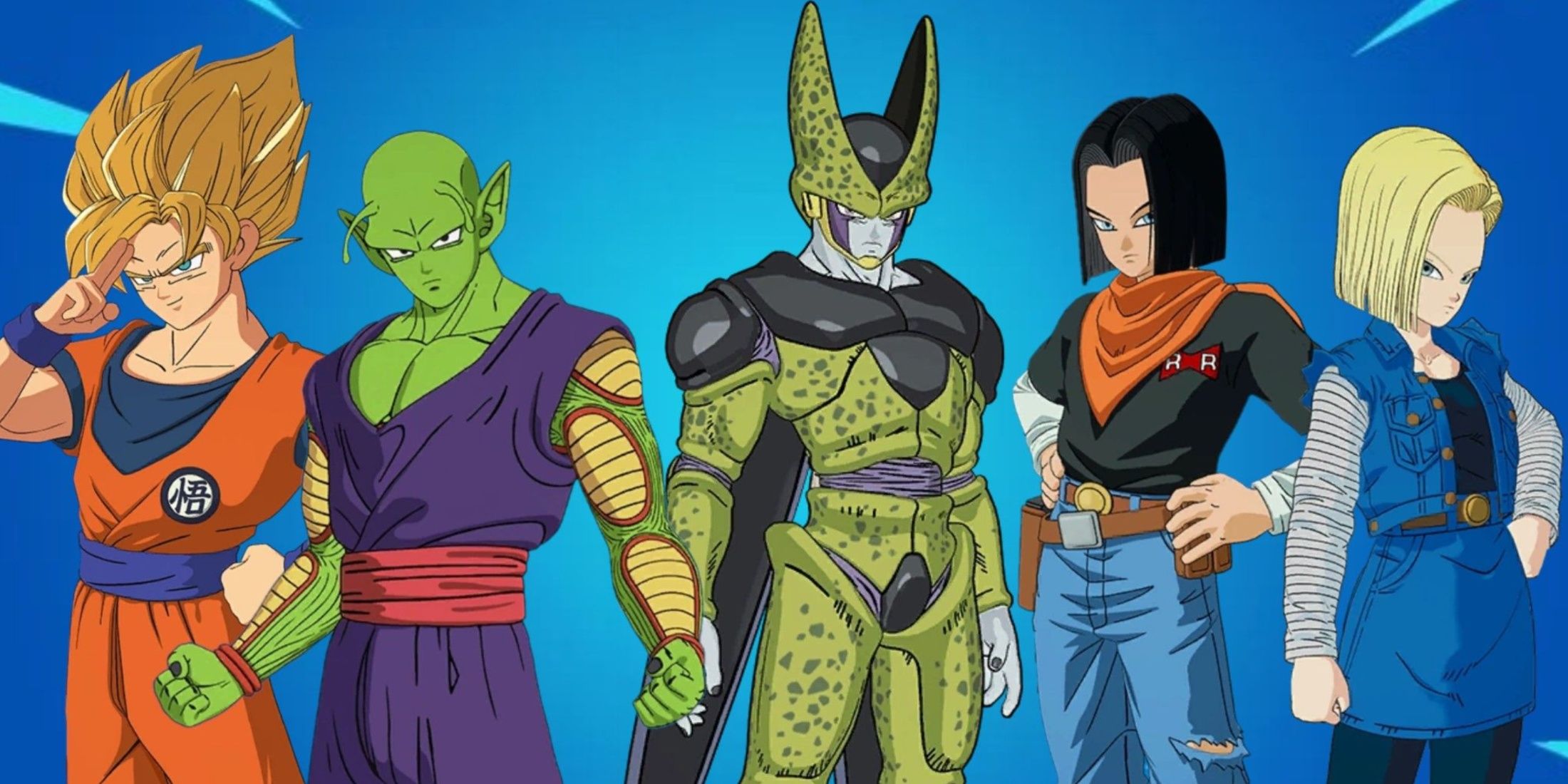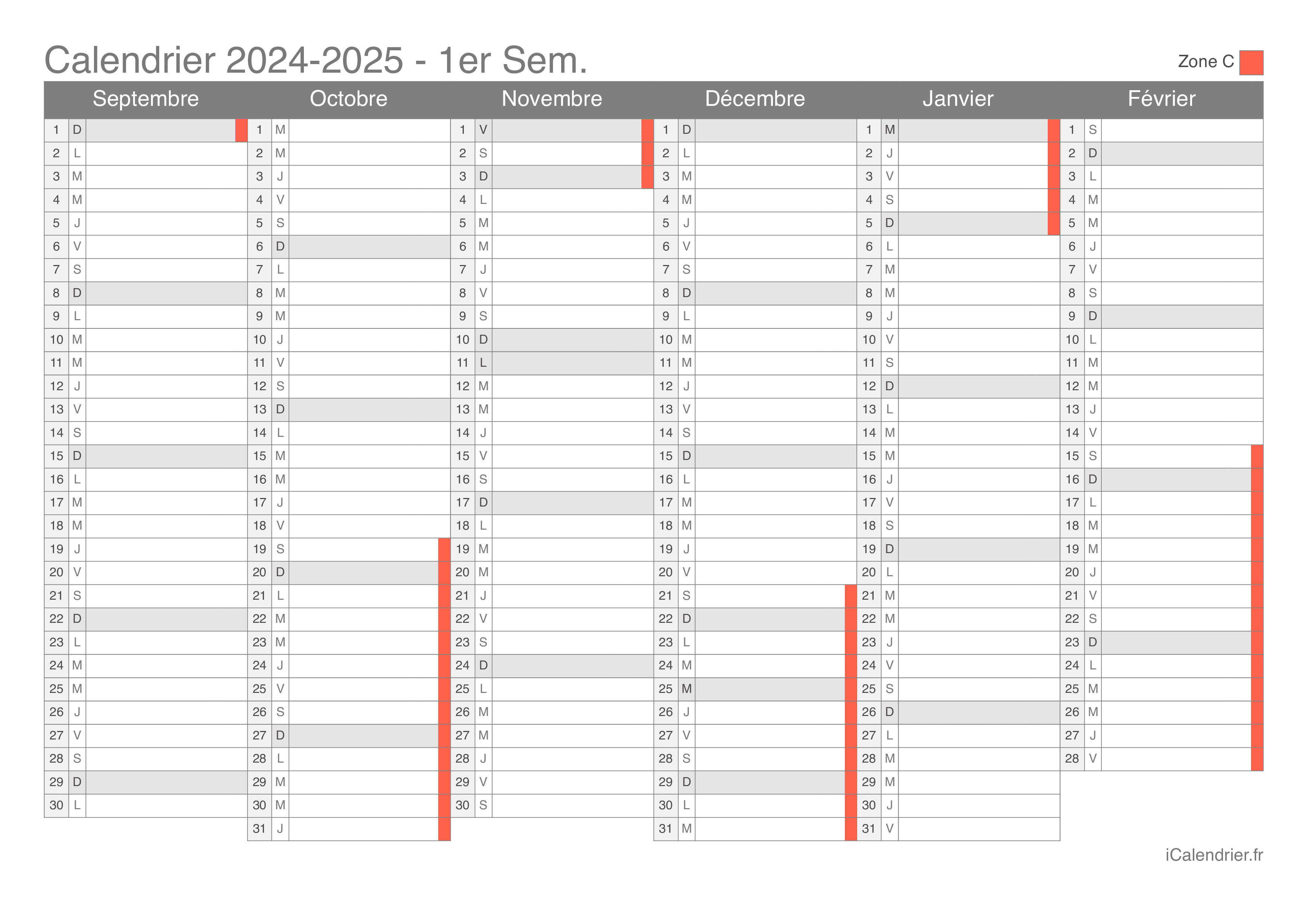Rethinking Stephen King: 4 Unconventional Randall Flagg Theories

Table of Contents
Flagg as a Cosmic Entity
Beyond Human: The Supernatural Flagg
The most compelling unconventional theory surrounding Randall Flagg posits that he transcends simple human evil. Instead of merely a cunning and manipulative man, Flagg might be a demonic or supernatural force, a being whose power originates from sources beyond human comprehension.
- Evidence of otherworldly power: His seemingly immortal nature, reappearing across decades and even centuries in different guises, hints at something beyond the mortal realm.
- Inconsistent origins: The lack of a concrete origin story for Flagg only adds to the mystery, fueling speculation about his true nature. His abilities often defy explanation through conventional means.
- Supernatural abilities: Flagg displays abilities that stretch the boundaries of reality – manipulation of events, precognitive abilities, and even seemingly magical powers.
This interpretation changes Flagg's motivations. Instead of purely human ambition, his actions might be driven by cosmic designs, a grander conflict beyond the comprehension of mere mortals. However, counter-arguments exist, suggesting Flagg's powers could stem from advanced technology, masterful manipulation, or simply the narrative device of a powerful, albeit human, villain.
The Dark Tower Connection: Flagg as a Manifestation of the Thinny
Flagg's role within the Dark Tower series offers further evidence for his cosmic status. He acts as a significant antagonist in this overarching narrative, his actions directly affecting the stability of the multiverse.
- Key roles in the Dark Tower Saga: Flagg's interference in the events of the Dark Tower directly impacts the balance of good and evil in King's multiverse, suggesting a much larger role than that of a simple human villain.
- The Thinny's Influence: Flagg might be a powerful being inhabiting or manipulating the "thinny," the mystical realm that separates realities within King's cosmology. His ability to appear in different places and times points to this possibility.
- The struggle for the Tower: Flagg’s actions, even seemingly arbitrary ones, could be part of a larger cosmic battle for control of the Dark Tower itself, a pivotal point within the multiverse.
Flagg as a Multiversal Traveler
Shifting Identities: One Being, Many Forms
Another unconventional theory suggests Flagg isn't a single entity but a being capable of inhabiting multiple forms across different timelines and realities. His ability to appear with different names and appearances in different King novels supports this notion.
- Variations in Appearance: Flagg's transformations are more than simple disguises; they represent potentially different manifestations of the same entity existing across multiple dimensions.
- Walternate Realities: This aligns with King's multiverse concept, implying Flagg might be a multiversal traveler, shifting through different realities and adopting different identities as needed.
- Consistent Malice: The core aspect remains the same: Flagg's malevolent intent persists despite his shifting forms and identities.
This interpretation explains his seemingly ubiquitous presence and his diverse range of schemes. It enhances his enigmatic nature, making him a more potent and terrifying antagonist across multiple narratives.
The Role of Chance and Fate: Flagg as Chaos Incarnate
Instead of predetermined evil, Flagg's actions could represent the unpredictable forces of chaos and fate within King's multiverse. He might not be actively malevolent but rather a manifestation of disorder, his actions creating opportunities for conflict and driving the narratives forward.
- Unforeseen Consequences: Flagg's machinations often lead to unforeseen consequences, both positive and negative, that shift the course of events unpredictably.
- The Antagonist of Free Will: His very existence challenges the concept of free will within King’s narratives, highlighting the potential for both chaos and coincidence.
- The Dance of Fate: Flagg acts as a catalyst, triggering events that shape the destinies of characters, underscoring the complexities of free will versus predestination within the broader King universe.
Flagg as a Representation of Human Evil
The Archetype of Temptation: The Seductive Nature of Darkness
Flagg can be analyzed as an archetype—the embodiment of the seductive nature of evil. He preys on human weaknesses, exploiting their desires and flaws to achieve his aims.
- Exploiting Human Frailty: Flagg masters the art of manipulation, subtly playing on people's greed, ambition, and desperation to gain their compliance.
- The Allure of Power: He embodies the tempting allure of power, showing how easily human morality can be compromised in its pursuit.
- Moral Ambiguity: Flagg's actions frequently blur the lines between good and evil, reflecting the complexities of human nature and the potential for corruption.
The Power of Belief: Faith as a Source of Strength
Flagg's power might be intrinsically linked to the belief others place in him—be it fear or faith. This reliance on external validation strengthens his influence and control.
- Amplified Influence: Flagg thrives on the faith placed in him; whether it's the unwavering devotion of his followers or the paralyzing fear of his opponents, belief fuels his power.
- Psychological Manipulation: Flagg’s manipulation isn't solely physical; it is deeply rooted in psychological control, exploiting vulnerabilities to influence belief and shape actions.
- Self-Fulfilling Prophecy: This suggests that Flagg’s success is, in part, a self-fulfilling prophecy, fueled by the belief systems he skillfully manipulates.
Flagg as a Necessary Antagonist
The Yin and Yang of King's Universe: Conflict as a Catalyst
Flagg's existence might be essential to provide a counterpoint to the forces of good in King's narratives. The conflict he generates drives the plot forward and enables character development.
- Necessary Evil: Flagg acts as a necessary antagonist, providing the obstacles that propel King's protagonists toward growth and self-discovery.
- Testing Morality: His presence forces characters to confront their own moral complexities and makes difficult choices that define their character.
- Dramatic Tension: He creates narrative tension and dramatic conflict, pushing stories towards their climaxes and fostering intense emotional responses in readers.
A Catalyst for Change: Growth Through Adversity
Rather than merely an antagonist, Flagg can be seen as a catalyst for transformation and moral growth in King's characters. His actions, while often cruel, can inadvertently lead to positive outcomes.
- Forced Growth: Characters facing Flagg's challenges are often forced to confront their inner demons and overcome adversity, fostering strength and resilience.
- Unintentional Consequences: Flagg's manipulations, while designed for evil, frequently lead to unforeseen positive changes in the protagonist's life or the overall situation.
- The Bigger Picture: Viewing Flagg through this lens shifts the reader's perspective on his role within King’s work, highlighting his unintended contribution to the narrative's arc.
Conclusion
This exploration of four unconventional theories regarding Randall Flagg highlights the complexity of this iconic Stephen King villain. His ambiguous origins, shifting identities, and multifaceted nature encourage multiple interpretations, allowing readers to continually re-evaluate his significance within King's vast and intricate universe. Flagg’s character transcends simple good versus evil; he is a representation of chaos, cosmic forces, and the inherent complexities of humanity itself. The key takeaway is that Flagg is far more than just a villain; he is a multifaceted and deeply influential force within Stephen King's literary landscape. What are your unconventional theories about Randall Flagg? Share your thoughts in the comments below!

Featured Posts
-
 Mindy Kalings Boyfriends From Bj Novak To Present
May 06, 2025
Mindy Kalings Boyfriends From Bj Novak To Present
May 06, 2025 -
 Fortnite Sabrina Carpenter Skins Where To Find Them
May 06, 2025
Fortnite Sabrina Carpenter Skins Where To Find Them
May 06, 2025 -
 Beyond Bmw And Porsche Western Automakers Facing Difficulties In China
May 06, 2025
Beyond Bmw And Porsche Western Automakers Facing Difficulties In China
May 06, 2025 -
 What It Takes To Win Or Lose In A Meeting With Trump
May 06, 2025
What It Takes To Win Or Lose In A Meeting With Trump
May 06, 2025 -
 Sabrina Carpenter Rumored For Fortnite Festival Microphone Leak Hints At Performance
May 06, 2025
Sabrina Carpenter Rumored For Fortnite Festival Microphone Leak Hints At Performance
May 06, 2025
Latest Posts
-
 Zendaya For Cloudzone The Spring 2025 Zone Dreamer Campaign Launch
May 07, 2025
Zendaya For Cloudzone The Spring 2025 Zone Dreamer Campaign Launch
May 07, 2025 -
 Zendayas Spring 2025 Zone Dreamer Campaign Unveiling Cloudzone
May 07, 2025
Zendayas Spring 2025 Zone Dreamer Campaign Unveiling Cloudzone
May 07, 2025 -
 Zendayas Half Sister Publicly Attacks Her Amidst Wedding Plans With Tom Holland
May 07, 2025
Zendayas Half Sister Publicly Attacks Her Amidst Wedding Plans With Tom Holland
May 07, 2025 -
 Zendaya And Half Sisters Bitter Feud Before Tom Holland Wedding
May 07, 2025
Zendaya And Half Sisters Bitter Feud Before Tom Holland Wedding
May 07, 2025 -
 Tom Holland And Zendayas Baby Plans The Truth
May 07, 2025
Tom Holland And Zendayas Baby Plans The Truth
May 07, 2025
